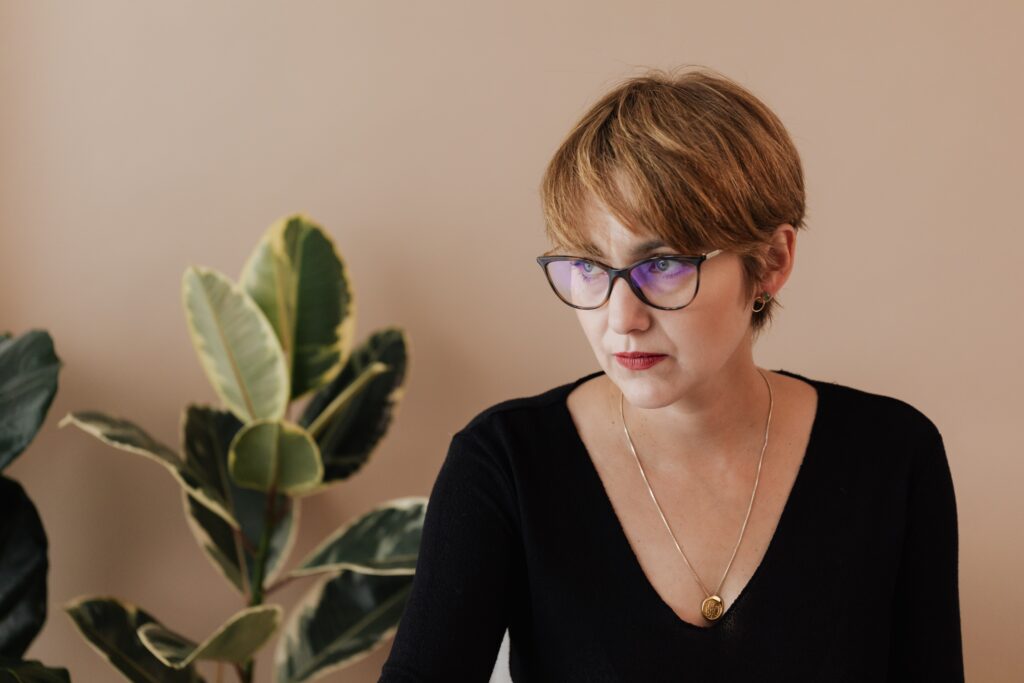What is menopause, what is the reason for it and what is actually happening in the body? Let's sort out the definitions and concepts together.
Menopause, the transition age: there are many names for this period in a woman's life and there are different words and synonyms for it. In Japan, and much of Asia, menopause is referred to as "new spring" - i.e. it is seen as a new positive phase in a woman's life.
The different phases of menopause
In menopause, oestrogen levels slowly decline and eventually settle at a stable low level. Menstruation stops as the function of the ovaries decreases and it is no longer possible to get pregnant. All women go through the menopause, it is not dangerous and it is not a disease, it is simply part of the natural ageing process.
Perimenopause is the time before you experience menopause, the last period of your life. Perimenopause usually occurs 5-10 years before menopause, and one of the first symptoms many women experience is that their menstrual cycle starts to become irregular. However, it is not uncommon to start experiencing early menopausal symptoms in your mid to late 30s without realising that it is related to the menopause.
Menopause is the absence of menstruation for the last 12 months and usually occurs around the age of 50-51. Menopause comes from Greek and not surprisingly means "end of menstruation". But when it happens depends largely on hereditary factors, so if you have a mum or sister to ask, you may be able to get some indication of when it will happen to you. There are 34 official menopause symptoms, so it's very likely that you will experience changes in your body.
The time after menopause is usually referred to as post-menopause. However, some people only use the term menopause, which is the whole period from when you start having irregular periods until the menopausal symptoms disappear.
The number of years after menopause varies, i.e. the time after menopause can be anything from 6 months to 10 years.
Why does the menopause happen, i.e. what controls the menopause?
A woman is born with several million egg cells. During our childbearing years, some of these follicles mature and are released once a month, and if they have not been fertilised, your period comes. The ovarian follicles produce oestrogen, and when the ovarian follicles run out, it means that oestrogen production is reduced and you are in menopause. This is simply what triggers the menopause. Read more here about different tests to find out if you are in menopause.
What does the menopause feel like?
Some will experience all 34 official menopause symptoms, while others will go through this time without noticing anything. However, many will experience hot flushes, sweating and disturbed sleep. It is also common to feel depressed. Other common problems include stress, weight gain and joint pain. Sex drive can also be negatively affected.
For many symptoms, lifestyle changes can work miracles. Sleep and stress, exercise and diet can all be adjusted by really quite simple means and the health benefits are good. Depression may well be due to poor sleep and diet, resulting in weight gain and a vicious cycle and unhealthy lifestyle. Try to avoid self-medicating with alcohol, for example. It may help for the moment with both mood and pain, but it makes you sleep worse, causes more stress, and alcohol is high in sugar, which may make you gain even more weight.
If you've tried it yourself and don't find a strategy that works, seek medical help. You can see a physiotherapist, a midwife or a gynaecologist. You may be prescribed exercises or medication (oestrogen). As long as you find a way that makes you feel good, that's the way to go.

